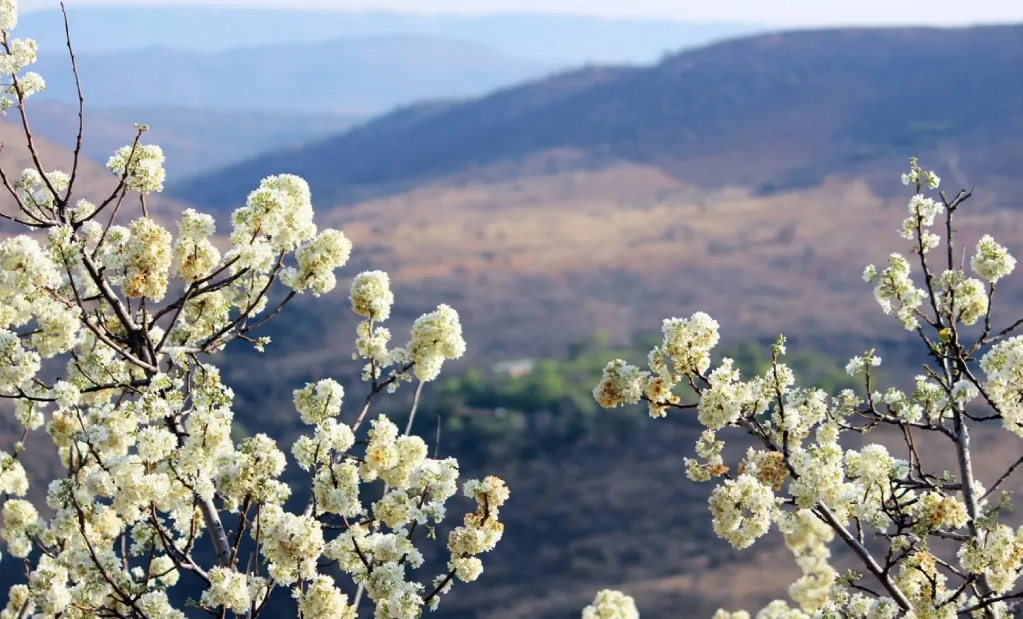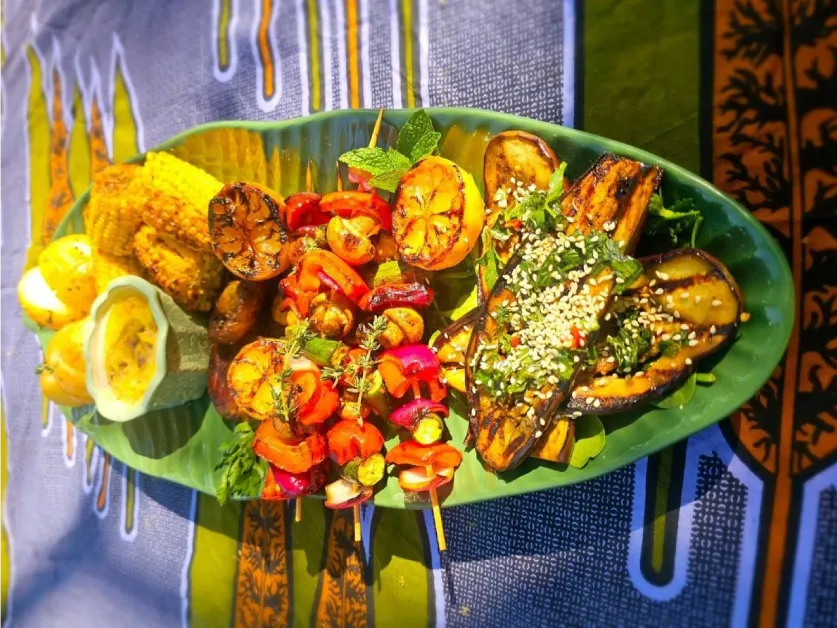People are incredible on so many levels, but what makes each of us tick remains an enigma. We can be ingenious or overwhelmed, driven or lazy, focused or scatterbrained, curious or bored. How we behave and experience the world is all based on our individual quirks and our unique points of view, even in the same circumstances.
We have an incredible ability to learn through observation and a keen eye for things that may benefit us in some way. Marketing is the art and science of presenting things to us in such a way that we make us believe having it will mean more to us than the cost of acquiring it.
In many cases, this is true. There are many services and products that improve our lives, our health, and communities – and without marketing, we may not have known about them. Increasingly though, benefits are being overstated while the risks, costs, or side effects are downplayed.
The speed of the evolution of marketing is not something we are quite prepared for as a human race. Big tech with the help of complex algorithms and AI, has wormed its way into almost every aspect of our lives and all vie for our resources. They built on the ancient art of marketing and took it to a whole new level. Their aim, of course, is to capture as much of your resources as possible. This includes acquiring, and selling, your attention span, often at the cost of your emotional health.
Our dopaminergic center is hijacked by these efforts to collect our focus, causing cultural attention deficit disorder, amotivational syndrome, brain fog, memory problems, and depression-like symptoms; but this is perhaps not even the worst of it.
Our health and wellbeing are so important to us that, unsurprisingly, they get a disproportionate amount of our modern marketing budgets.
Whenever we discover a health intervention that really works, it seems to be commandeered to sell quick fixes and empty promises in nice packaging.
Whenever we discover a health intervention that really works, it seems to be commandeered to sell quick fixes and empty promises in nice packaging.
One word which has been usurped is “mindfulness”. This buzzword is being used to sell anything and everything: mindfulness tracking apps, mindful skincare products, mindful snacks, mindful home décor, meditation mugs, and so much more.

Mindfulness as an Antidote
Mindfulness is actually a wonderful, proven antidote to the harms caused by a fast paced, often contradictory and confusing, attention-seeking world.
According to Ellen Langer, mindfulness is the simple act of actively noticing things. This uncomplicated observational perspective is beneficial to us in so many ways. It can be integrated into each aspect of life and not only improve our awareness, but also our choices and responses.
Legitimate ways of looking after ourselves have fundamentally never changed. It is just that with the large amount of marketing we are exposed to, consciously and unconsciously, knowing just how to do it has become increasingly confusing.
Pay attention to how the company you keep, the places you visit, the food you eat, the activities you do, and all the challenges you overcome, affect you.
Maintain healthy social connections.
Humans are pro-social creatures, and healthy human connection is essential for physical, emotional, and cognitive health. Much of our ambition and humility, our strengths and vulnerabilities, our growth and wisdom, come from the connections we have with the people in our lives. Some of us enjoy many connections, while others prefer only a few. Some of us like being in social settings frequently, others less often so. It has become a luxury to have in-person one-on-one time with fellow humans, but it does not cost much more than our commitment to do so.
Eat good food.
There is no such thing as a diet suitable for everyone, but there is no denying that eating a diverse diet, as close to whole foods as possible, is key. Pay attention to your appetitethe whole foods that you love and are in the mood for are the ones your body needs at that moment, and the foods you dislike may be harmful to you. Eat what you feel like, or the closest alternative for that food, as often as possible.
This is, of course, as long as it is not ultra-processed foods. A combination of sugars and fats, for instance, reduces satiety, so you eat more. Flavourants and flavour enhancers trick your taste buds into believing they are more nutritious than they are, and are also best avoided.
Stay active.
The best kind of physical activities are the activities that you enjoy the most. Take regular “exercise snacks”: a few stairs here, a couple of squats there, and include people who enjoy a variety of physical activities in your social circle. Housework, gardening, washing your car, dancing, hiking, playing with kids or dogs, cycling, swimming, self-defence, gym, cooking, shopping, running… The list of physical activities is endless.
Challenge yourself.
For us to stay physically, emotionally and cognitively strong, we need to challenge ourselves. Aim for your today to be an improvement in some way to your yesterday.
Mindfulness helps you pay attention to what truly works for you, rather than what you think is “supposed to work” for you. Growing this observational skill will help you explore and keep the practices and connections that nurture, challenge and strengthen you personally.
If you need a space to make sense of the world, a place with real human connection, a low-tech zone for some introspection, Hoogland is here for you. Come invest in your core self and learn more about what makes you tick
Tuesday is Braai Day
Cooking over an open fire is an ancient practice that transcends geographical boundaries and connects people across time and space. Standing shoulder-to-shoulder to cook and share food is about so much more than just a meal. It symbolises a multicultural tradition of social bonding and storytelling. The simple joy of gathering with a shared purpose around an open fire gives us a sense of belonging and kinship. A braai is a powerful symbol of human connection. In the Kruger family, our braai traditions have evolved over time into some of our most creative social events. This Heritage Day we will be sharing this special experience with guests and staff at Hoogland, and if you cannot join us, here are some tips:
Braai Tips:
- Braai a variety of veggies and veggie kebabs and enjoy them with some dips (humus, tzatziki, baba ganoush, labneh etc.).
- A huge variety of veggies will work. Almost anything you can think of! Thinly sliced potatoes are also delicious done this way. Get creative and learn from experience. Build your own traditions and your own techniques.
Make tiny little flatbreads on the fire:
Mix stone-ground flour with a sourdough starter or baker’s yeast, a little salt, and water. Knead it gently and let it rise, then knead again.
Pinch golf-ball-sized pieces off the dough, flatten, and cook on the grill over a medium fire.
Marinated vegetable kebabs (ideal for the braai)

Marinade
- 1tbsp soya sauce
- 1tbsp honey
- 2 tbsp balsamic vinegar
- 1 small bunch fresh thyme
- 1 pinch cinnamon
- 4 tbsp olive oil
Vegetables
- 6 courgettes
- 4 carrots
- 3 mixed sweet peppers
- 1 small butternut
- Cherry tomatoes
- Mushrooms
- Kebab skewers
Instructions
- Cube the veggies into bite-size chunks.
- Skewer them onto the kebab skewers.
- Mix the marinade in small bowl.
- Place all the veggie kebabs flat in a bowl or baking tin pour the marinade over and
let stand for a couple of hours or overnight. - Cook on a grill over a medium fire, turning regularly until cooked.
